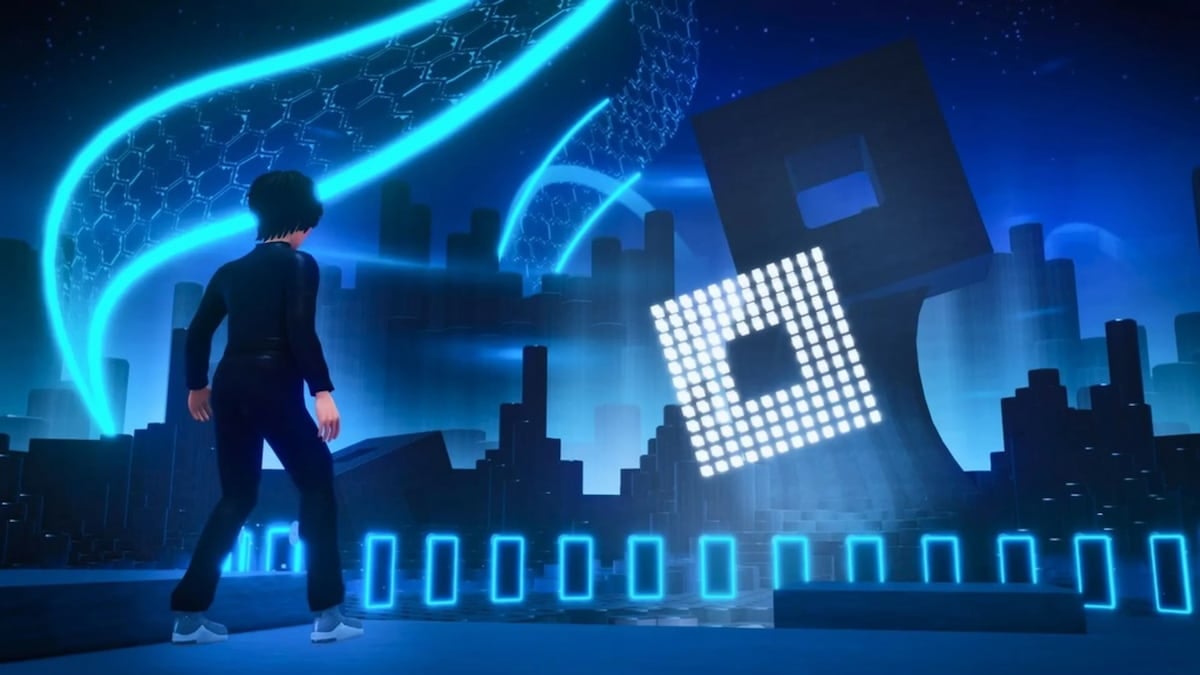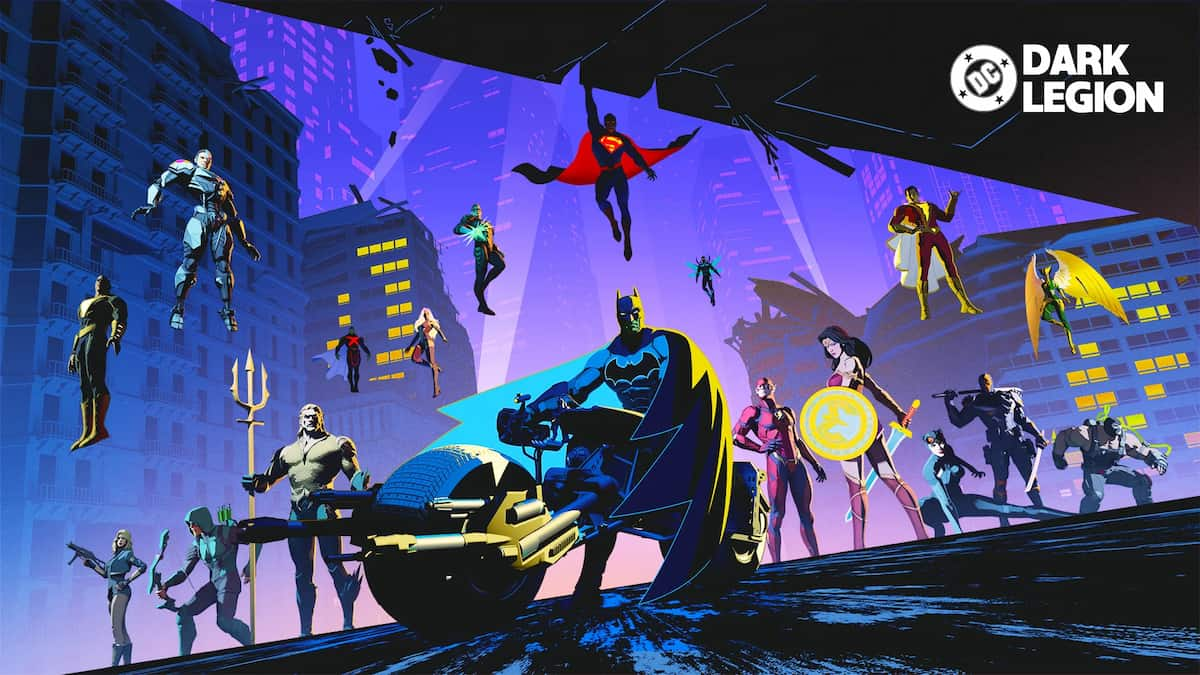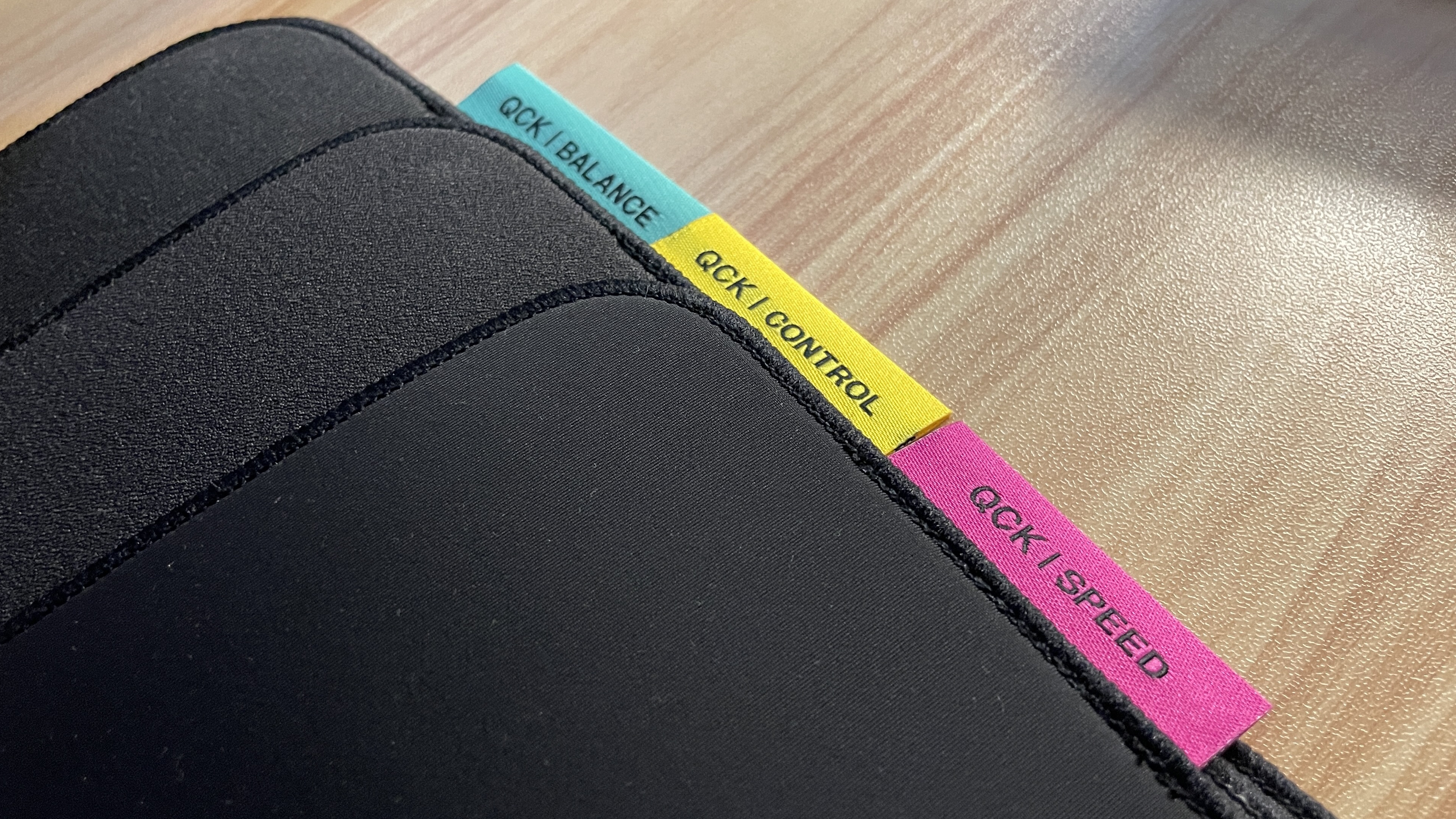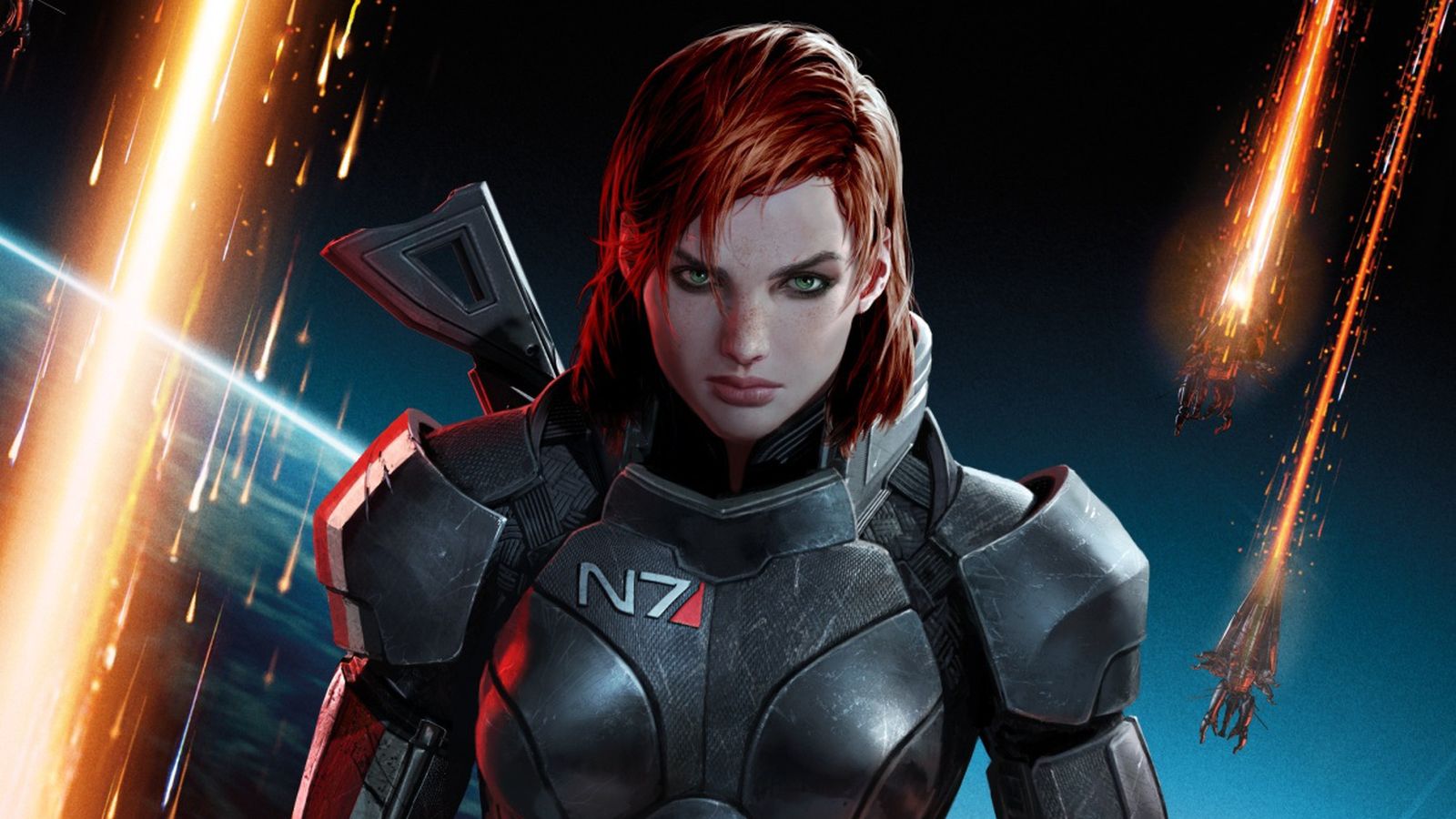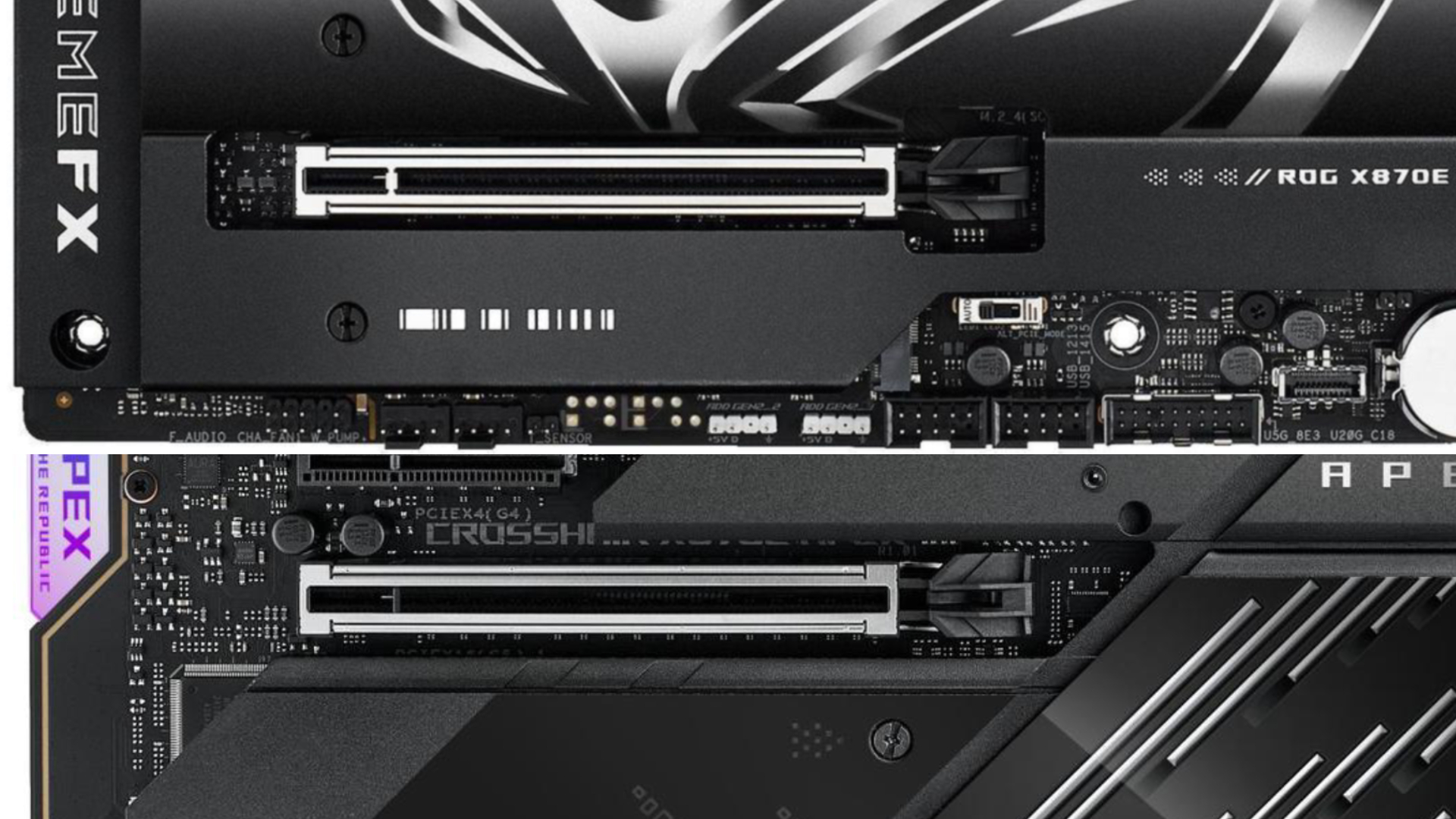
WB Discovery Wants to License Franchises, Which Include Batman to Harry Potter and More, to Other Studios
Batman. Justice League. Harry Potter. Looney Tunes. Game of Thrones. The list of intellectual property owned by Warner Bros. Discovery is massive, and an awful lot of it seems ripe for being turned into a video game. If you’re thinking WB’s been a little slow to leverage that library, it sounds like the company’s leadership agrees, and is looking not just to make more of its own games, but to license out some of its biggest franchises to other game studios in the future.
Today on the Warner Bros. Discovery Q2 earnings, call CEO David Zaslav and president of global streaming and games JB Perrette responded to a question about the “strategic value” of games to Warner Bros. given recent “uneven performance”. The company had just reported gaming revenue down 41% year-over-year due to underperformance of Suicide Squad: Kill the Justice League compared to Hogwarts Legacy’s massive success last year. Does WB see games as a core part of its portfolio?
Seems like the answer is yes. Both Zaslav and Perrette explained that they wanted to grow the gaming business, especially in the free-to-play space, which Perrette says can help balance out some of the ups-and-downs of the cyclical console industry. That’s part of why WB acquired Player First Games, developer of Multiversus, earlier this year.
Zaslav followed up by noting that not only did WB want to keep leveraging its eleven studios, but that there’s “also a lot of interest among others in coming to take advantage of some of that IP for gaming, which we’re looking at.”
Here’s both of their answers in full below:
Perrette: We look at the evolution of the storytelling in interactive entertainment as a space and say it’s one of the unique areas in media that is growing, both growing in terms of time spent, growing in terms of engagement, and growing in terms of revenue. And so we still see this as a huge opportunity for us. We know that our franchises, particularly in a world where the gaming industry-launching brand new franchises is getting harder and harder for a number of reasons, including IDFA deprecation and more challenges with marketing and customer acquisition And that franchises like the ones that we have are in high demand, and can help in launching games. You still need a great game, and the reality is, we’ve had the unfortunate- in a short period of 12 months, we went from having the record year in 2023 with Hogwarts Legacy to unfortunately having the opposite side of that spectrum with Suicide Squad. And it is still hit-driven nature of some of that business, but one of the areas we are particularly leaning into, which is about half of the $200 billion games business, is the free-to-play space.
And the Player First deal was really about strengthening our capabilities in that space. Because we do think we are subscale and we have more opportunities to grow in that space, which is a big part of the market. And when we do, then it’ll help also provide some more balance to our games business, from the inevitably cyclicality of more console-based releases which have a 3-4 year time horizon and a little bit more lumpiness even when you do get it right. So we continue to be strong believers in the game space, we want to continue to see and figure out how we lean into it and get bigger in that space, and we’ll certainly tell you more about it as time goes on.
Zaslav: One of the strategic advantages of owning all our IP is, as the world has changed, it used to be you launch a movie or you launch a TV series, then you do a game. But one of the reasons that Hogwarts Legacy was so successful and the #1 game last year, you went to Hogwarts Legacy and you entered the game and you were able to become part of that world. That ultimately I think is a big piece of where this industry is going. That we’ll create a movie, whether it’s Batman or Superman or Harry Potter, and maybe there’ll be a TV show, but the ability to go in that world and have that experience of spending time with all the characters is something that we still own. We have 11 studios here, and we have a lot of IP. And there’s also a lot of interest among others in coming to take advantage of some of that IP for gaming, which we’re looking at. Because as JB said, we need to get bigger, and the IP that we own and the value that it has in the gaming space is something we’re looking to take advantage of.
Warner Bros. Discovery reported revenue of $9.7 billion for the quarter, but an overall net loss of $10 billion, $9.1 billion of which was due to impairment charges. The company also reported subscription services were up 3.6 million subscribers from last quarter, bringing its total to 103.3 million.
Rebekah Valentine is a senior reporter for IGN. Got a story tip? Send it to [email protected].



